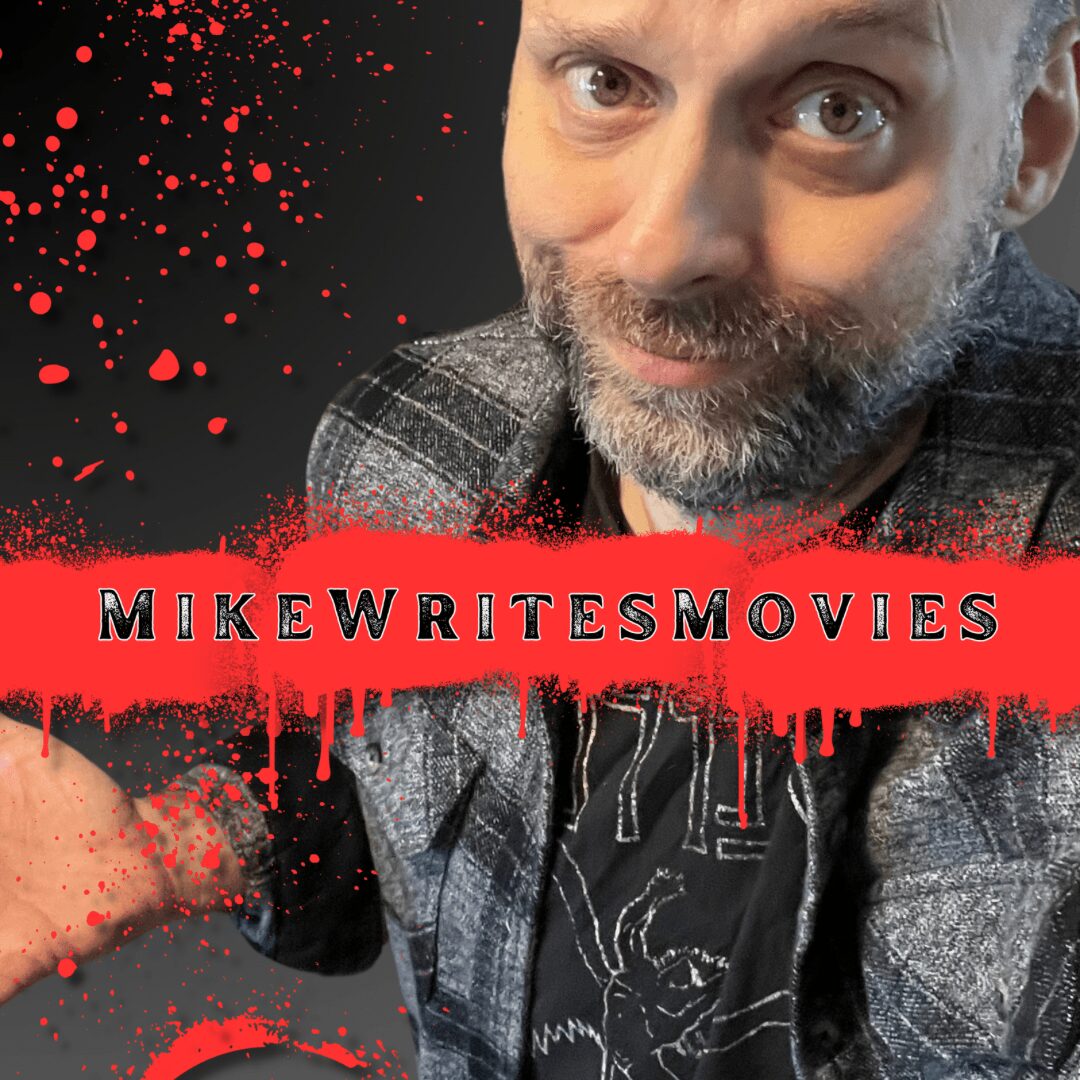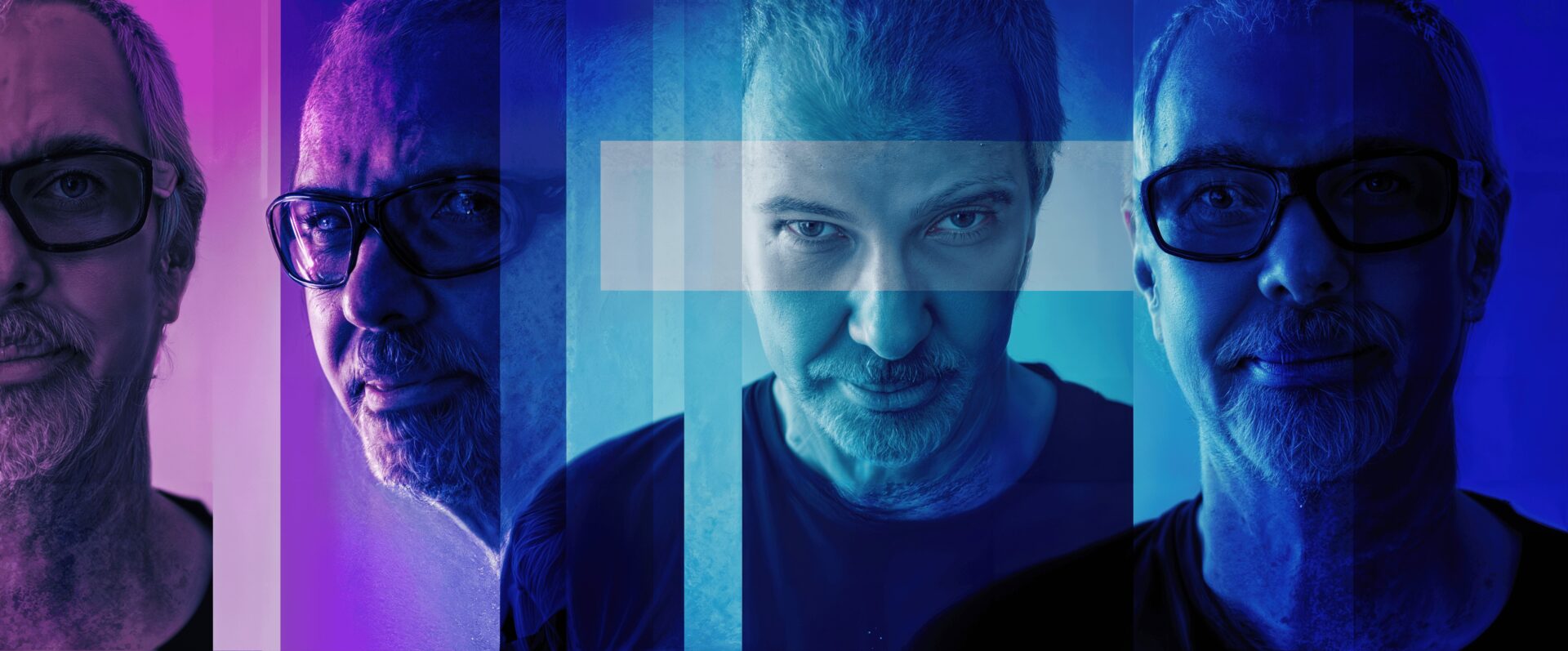We’re excited to introduce you to the always interesting and insightful Michael Box. We hope you’ll enjoy our conversation with Michael below.
Hi Michael, thank you so much for opening up with us about some important, but sometimes personal topics. One that really matters to us is overcoming Imposter Syndrome because we’ve seen how so many people are held back in life because of this and so we’d really appreciate hearing about how you overcame Imposter Syndrome.
I am a screenwriter, producer, and musician with ADHD. Overcoming imposter syndrome is a challenge for many people with ADHD, and for creatives, it can feel even more daunting. ADHD often amplifies self-doubt, as we’re naturally prone to overanalyzing and comparing ourselves to others. Being a creative person can add another layer to this struggle because our work is deeply personal, making any rejection feel like a critique of who we are. This can make us our harshest critics, sometimes undermining our self-confidence at the smallest sign of disapproval or rejection. Some of the ways I try to overcome this are:
1. Celebrate Small Wins: I try to acknowledge and celebrate even the smallest accomplishments, for example: completing a specific number of pages to write in a period of time. This helps me build momentum and reminds me of the progress I’ve made.
2. Reframe Failure: I try to shift my perspective to see mistakes as opportunities for growth rather than evidence of inadequacy. ADHD often makes us hyperaware of mistakes, but reframing them as learning experiences can be helpful..
3. Lean on Support Systems: Surrounding myself with trusted collaborators and supporters is invaluable. They can provide perspective, encouragement, and constructive feedback when I need it most. They believe in me even when I have doubts.
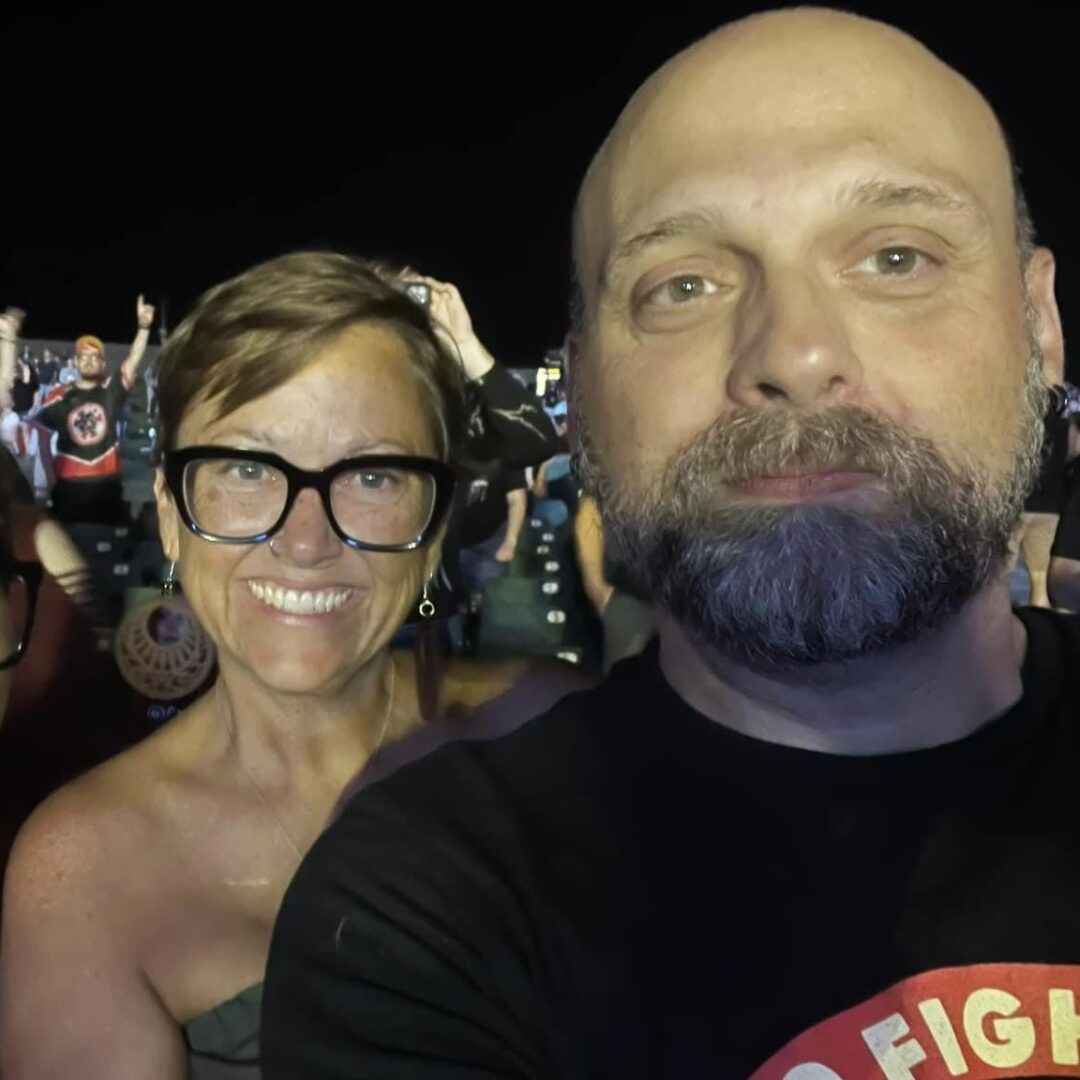
Thanks, so before we move on maybe you can share a bit more about yourself?
I’m a co-founder of EchoEterna Productions, and indie film company in the Cincinnati/Dayton area of Ohio. Right now, we are working on several exciting projects, including SpeakEasy, an independent feature film that explores themes of conformity, rebellion, and survival. SpeakEasy follows a band of renegade musicians as they attempt to navigate an oppressive system that has stifled all forms of creative self expression. Not only are we producing the film, but we are also writing original music to be performed by the in-world band, The Riot Police. My production partner, Patrick Hague is also a screenwriter on the project and will be directing the film.
I’m also developing a short film called A Quiet Burden, which is a personal meditation on mental health and how it impacts those in our lives as well as ourselves. It follows one lonely man as he quietly takes on the burdens of others, only to eventually be crushed by the weight of that load.
These projects are exiting to me because they give me the opportunity to connect with audiences in different ways. Whether it’s through the gritty world of SpeakEasy or the intimate and reflective tone of Quiet Burden, I’m passionate about crafting stories that resonate and spark conversations. Collaborating with talented people and bringing these ideas to life has been incredibly rewarding, and I’m excited to see where these projects take me next.
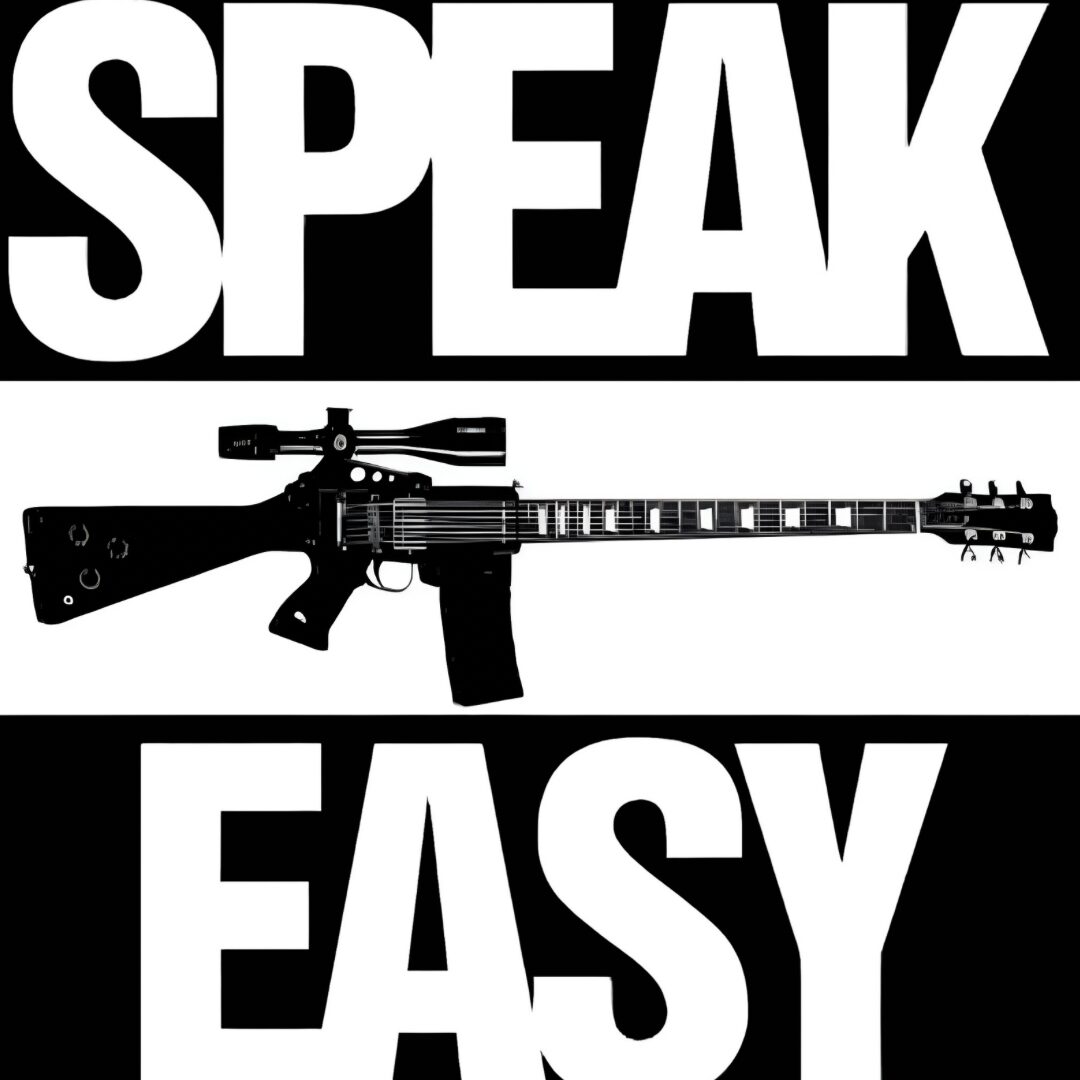
Looking back, what do you think were the three qualities, skills, or areas of knowledge that were most impactful in your journey? What advice do you have for folks who are early in their journey in terms of how they can best develop or improve on these?
Three qualities, skills, or areas of knowledge that have most impacted my journey:
1. Adaptability:
• Filmmaking and creative work often involve unexpected challenges, and being able to adapt has been crucial. Whether it’s problem-solving on set or finding new ways to tell a story, staying flexible has helped me push through obstacles.
2. Collaboration:
• Surrounding myself with talented, trusted collaborators has been a game-changer. A great team can elevate your work and provide support when self-doubt creeps in. Creativity thrives in an environment where ideas can be shared openly. My production partner, Patrick and I have been close friends for nearly 25 years. The trust and respect we have for each other allows us to push each other and hold each other accountable without either of us interpreting it as a personal attack.
3. Storytelling Insight:
• Understanding how to craft compelling stories—whether through unique characters, subverting expectations, or creating twists—has been a cornerstone of my creative journey. This didn’t come overnight. It is the result of reading hundreds of screenplays by incredibly talented writers and by breaking down their films into themes, character moments, and plot points. For some, that might take the fun out of watching a movie, but for me, it is like studying at the feet of great teachers.
Here is some advice I have for others who are early in their own similar journeys:
1. Start Small and Stay Consistent:
• Don’t wait for the perfect conditions. Begin with what you have, even if it’s a small project, and build from there. Consistency matters more than perfection. Keep a notebook or note app ready all the time. Don’t assume that an idea is so good that there is no way you’ll forget it. You will forget it.
2. Build Relationships:
• Find people who inspire and support you. Creative industries are collaborative by nature, and relationships can open doors and keep you grounded. Many of us in the creative world are introverts, and it uses a lot of energy to be a “people person.” But it is so important to reach out, connect with others, and build those relationships. Sit down for a coffee with them and ask about their story. Learn from their mistakes, and let them connect you to the people in their circle and vice versa.
3. Embrace Failure and Keep Learning:
• Every mistake is a learning opportunity. Stay curious, keep refining your craft, and don’t let fear of failure hold you back.
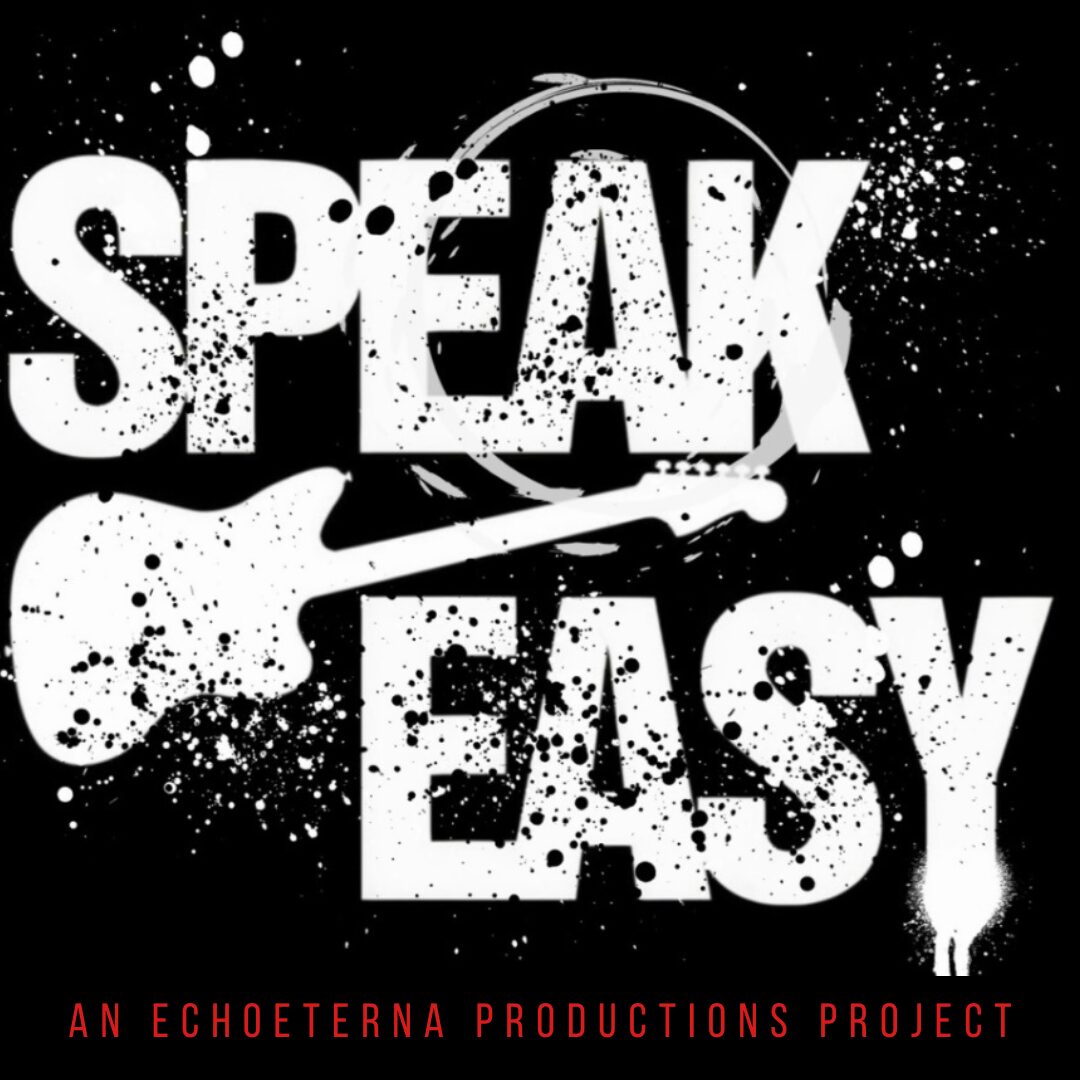
Is there a particular challenge you are currently facing?
The biggest obstacle we are currently facing is funding for SpeakEasy. We’ve put a lot of time, research, and effort into developing a solid pitch and have been meeting with potential investors on a weekly basis. While we’re making progress, it’s a slow process. The reality is, if we had the funding today, we could be shooting on set tomorrow. In the meantime, we’re staying persistent, refining our approach, and continuing to build relationships with people who believe in us and our project. I’m confident the hard work will pay off, but patience and persistence are key right now.
Contact Info:
- Website: https://SpeakEasyTheMovie.com
- Instagram: https://instagram.com/SpeakEasyTheMovie
- Other: EchoEterna.com is our company’s home page.
Instagram.com/EchoEterna is our company’s IG account.Instagram.com/MikeWritesMovies is my personal IG account.
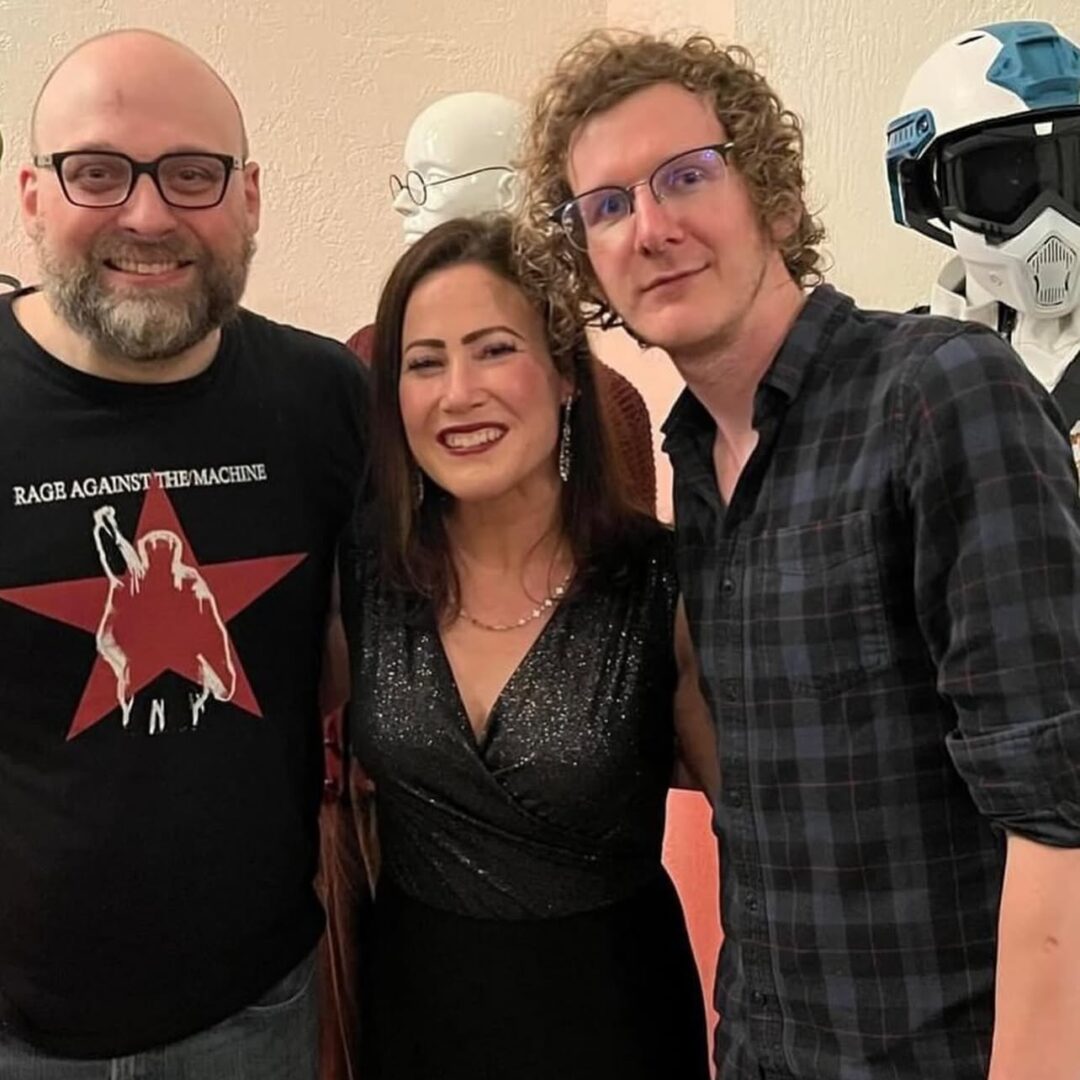
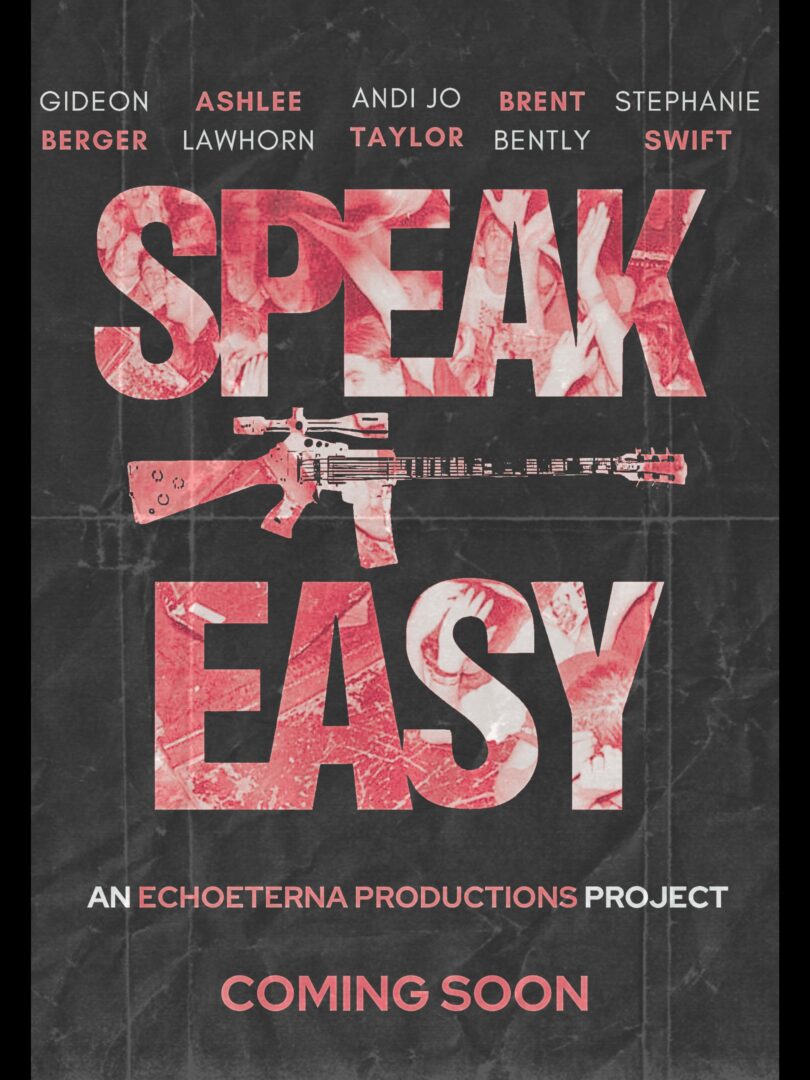
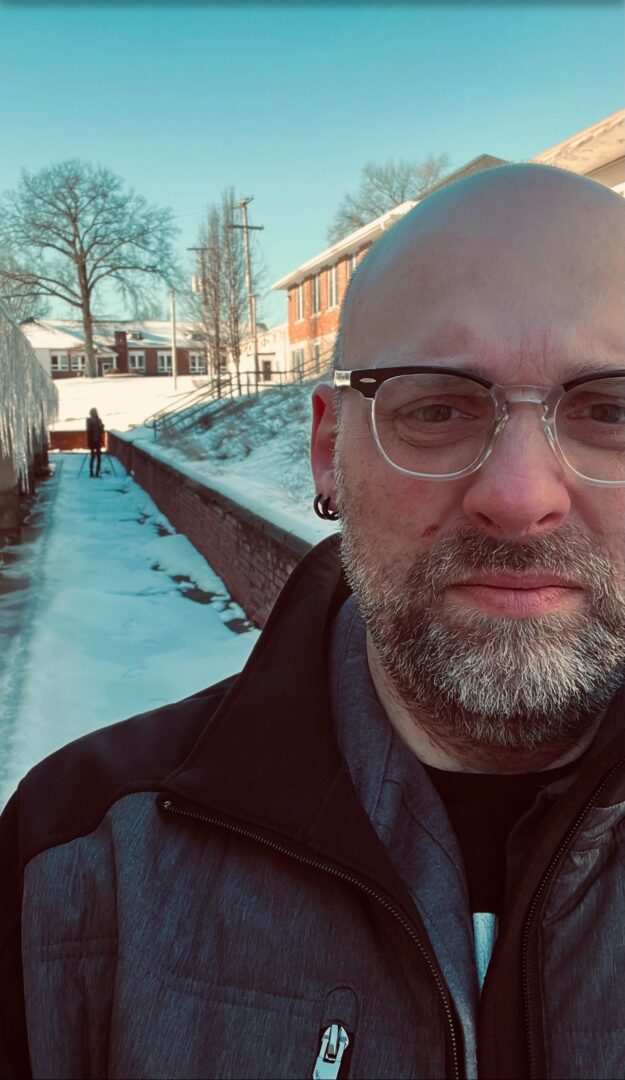
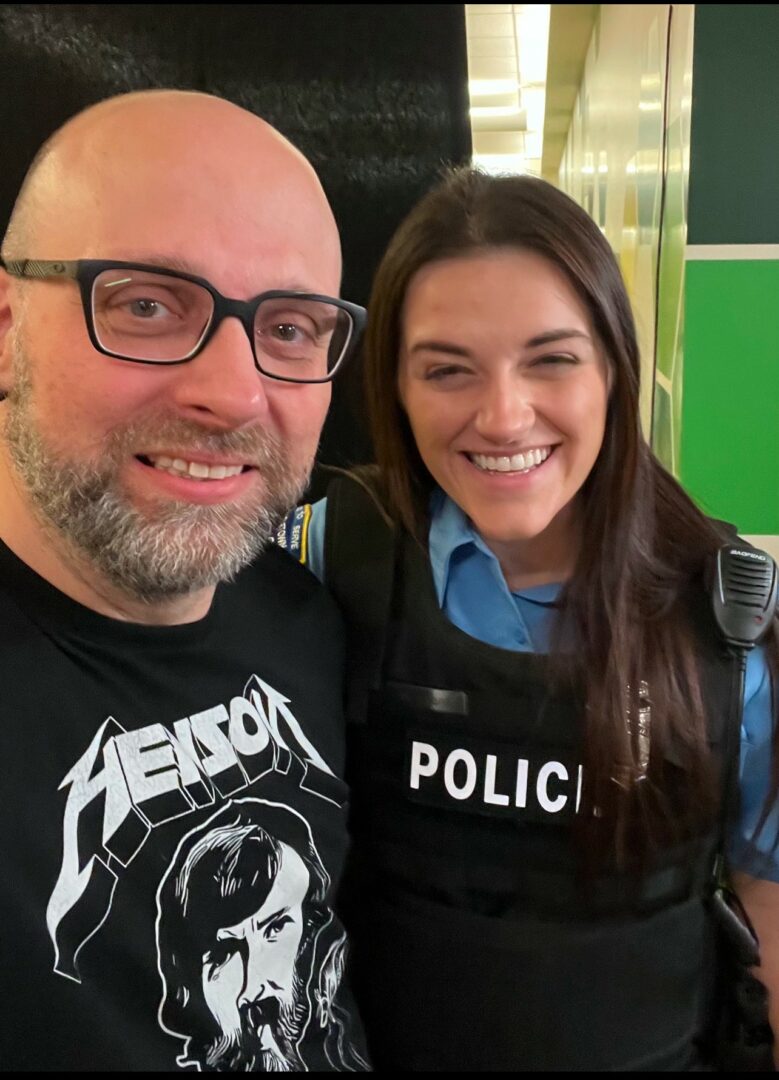
Image Credits
Photos by Michael Box and Patrick Hague
so if you or someone you know deserves recognition please let us know here.

